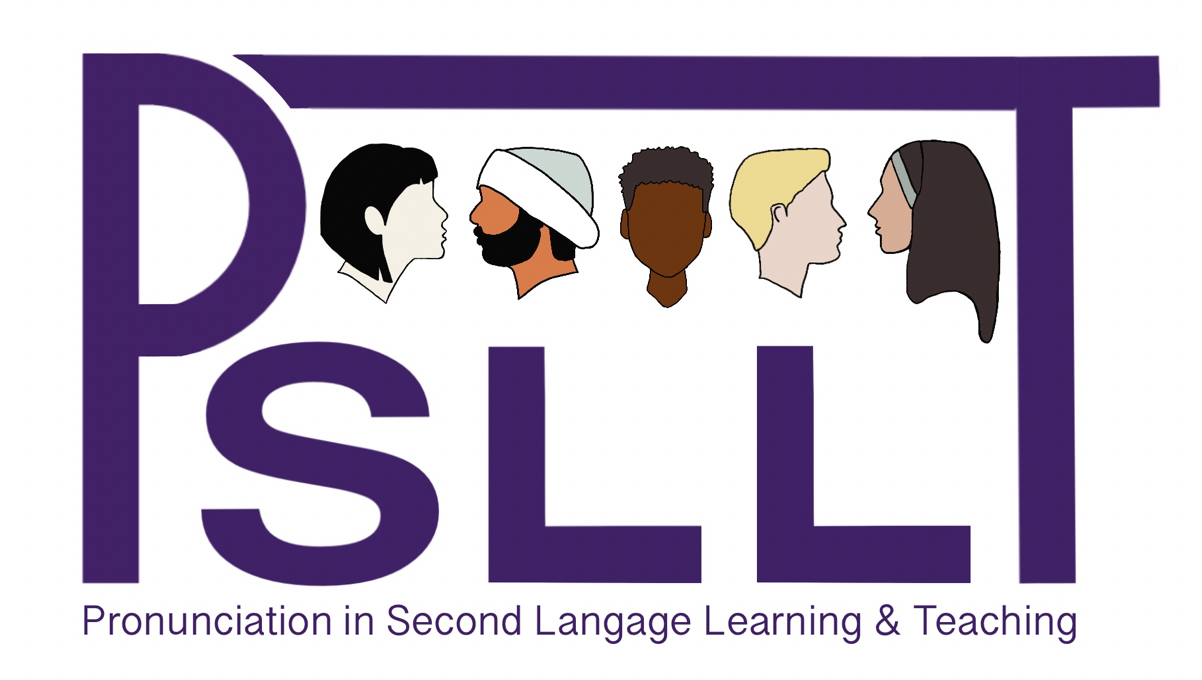Learning L2 Pronunciation Through Communicative Tasks
- Ingrid Mora-Plaza (University of Barcelona)
- Joan C. Mora (University of Barcelona)
- Roger Gilabert (University of Barcelona)
Abstract
L2 pronunciation is often neglected in the EFL classroom and, when addressed, it is typically decontextualized from communicative practice. Additionally, limited research has been conducted in SLA on the role of task manipulation for the improvement of L2 pronunciation accuracy during meaning-focused interaction. This study investigated the impact of decision-making tasks, organized in increasing complexity, on the production of English /æ/-/ʌ/. L1 Catalan/Spanish young adults (n=18) performed four dyadic problem-solving, reasoning-gap tasks over a three-week period. Tasks were always preceded by form-focused pre-tasks that contained lexical items contrasting the target vowels (e.g., bag-bug, cap-cup) to be used during task performance. Furthermore, tasks were sequenced on the basis of increasing level of cognitive complexity (+S, -S, -C, +C) in order to progressively enhance the occurrence of pronunciation-based language-related episodes (LRE). Production accuracy was pre- and post-tested through a delayed-sentence repetition task. In line with the Cognition Hypothesis (Robinson, 2007, 2011), the results revealed that orienting attention to a phonological contrast during interactive tasks improves its production significantly, and increased task demands along resource-directing variables (i.e. ± reasoning demands and ± elements) generate more pronunciation- focused LREs.
How to Cite:
Mora-Plaza, I., Mora, J. C. & Gilabert, R., (2017) “Learning L2 Pronunciation Through Communicative Tasks”, Pronunciation in Second Language Learning and Teaching Proceedings 9(1).
Downloads:
Download PDF
View PDF
